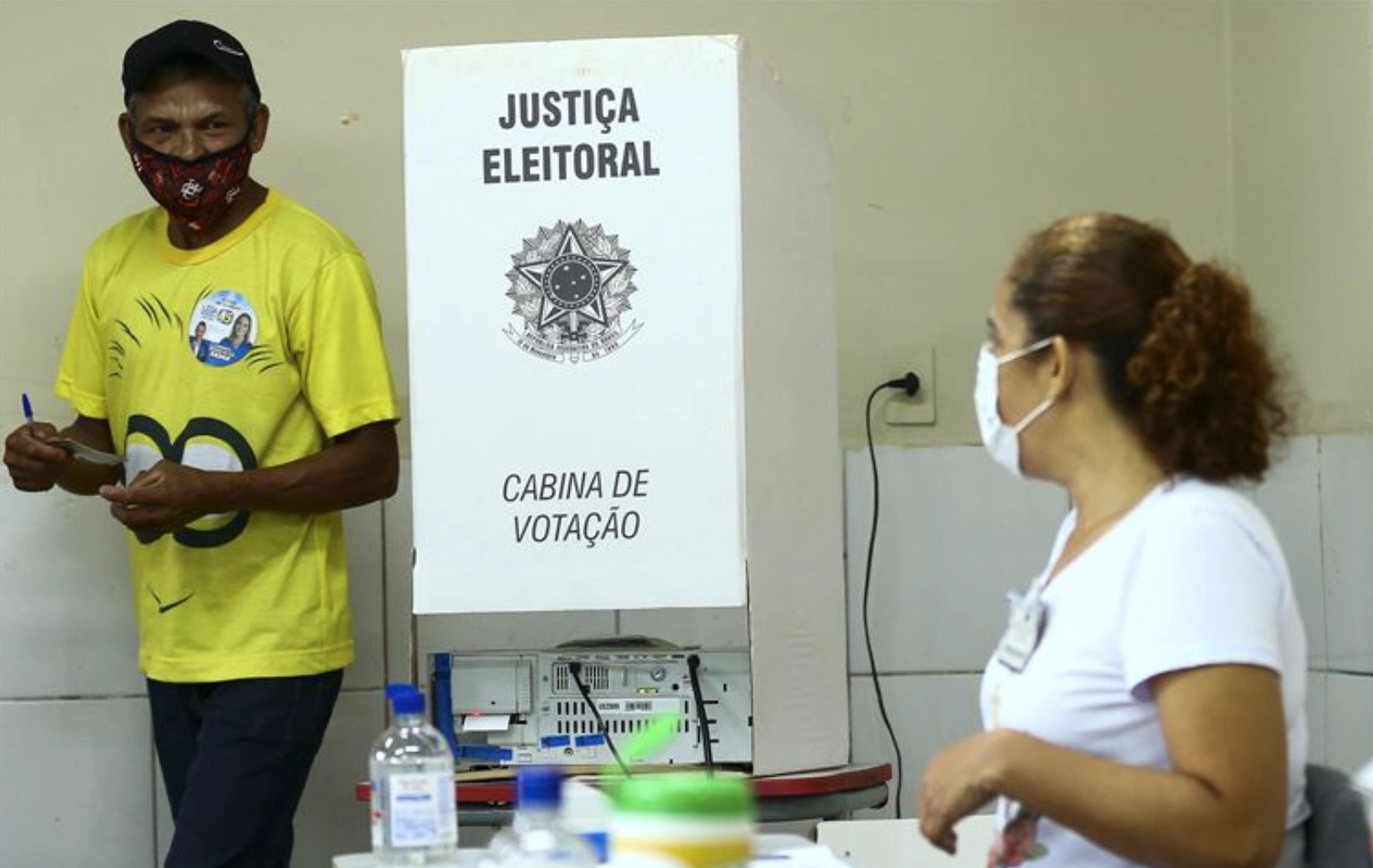The electoral polarization in Brazil, already foreseen since the annulment of former President Lula’s convictions, is not only confirmed but also projects a plebiscite presidential election, already in the first round. Not only is the supposed “third way” going up in smoke, but the political polarization tends to deepen, as never before in the history of this country. If one regrets how much polarization undermines the political-programmatic debate, at the present juncture, one cannot lose sight of how inevitable it is.
In this scenario, a probable runoff between Lula and Bolsonaro will hardly develop within democratic normality. We already know what to expect from Bolsonaro. In addition to the “anything goes” of his 2018 campaign, he now has control of the civilian and military machinery. Not by chance, Bolsonaro has been swinging positively in the polls, even without threatening Lula’s lead in the electoral race. But it must be remembered that the electoral campaign has not yet really begun – officially, only in August.
In Bolsonaro’s mind, reaching a runoff with Lula is the opportunity to turn the country into a conflagration. If he happens to lose the vote, it is very likely that he will opt to create an environment of political destabilization and somehow prevent his opponent from taking office. Although there is a mismatch between Bolsonaro’s will and his coup capacity, his popular appeal should not be underestimated, nor his links to international ultra-conservatism and the national and foreign financial oligarchy.
All those who, regardless of their party affiliation, consider Bolsonaro’s continuity unacceptable and inconceivable, should bear in mind the enormous risk of taking the election to a second round. Lula’s victory, already in the first round, would represent a resounding rejection of the government, reducing the chances of Bolsonaro and his supporters to react. Certainly, this is not an easy task. There have been runoffs in the last five presidential elections.
This is not a rhetorical argument with the intention of blackmailing the conscience of voters, because we have already positioned ourselves, on another occasion, critically to the Lula-Alckmin candidacy. This is, unfortunately, a very likely scenario, for all that we have witnessed since the 2016 coup d’état, crowned by the current neofascist government. Nor is it a matter of questioning the legitimate electoral options in candidacies that, like Lula’s, present themselves as opposition, as in the cases of the PDT, UP, PCB and PSTU. In an environment of democratic “normality”, the two rounds of voting are intended precisely to favor, in the case of majority positions, the dispute between several political projects, in the first round; and the formation of a solid majority, in the second round, when opposition projects vie for votes. However, the inevitable polarization will turn the first round into a plebiscite, in which the approval or disapproval of Bolsonaro’s government will be tested.
Lula’s candidacy is, in fact, the only one capable of facing Bolsonaro’s electorally. If Bolsonaro has his 20% of loyal voters, Lula has his historical base of 30%. More than composing a leftist or democratic partisan front around Lula’s candidacy, the importance of a victory in the first round demands a campaign that mobilizes the streets and, mainly, the youth. The recent call made by artists for the young population, between 16 and 18 years old, whose vote is optional, to take out the electoral card is a concrete example of what can be done in terms of mobilization. The preference for Lula among young people, between 16 and 24 years of age, exceeds 50%.
Movement campaign
It is necessary a mobilization that makes resound, from the four corners of the country, a resounding no to everything that Bolsonaro embodies, as “capitão do mato”* of the financial oligarchies (*person contracted during slavery in Brazil to hunt down escaped slaves). As directly responsible for the thousands of preventable deaths in the pandemic; for putting Brazil back on the map of hunger; for the dismantling of public education and research; for disdaining culture; for the institutionalization of lies, via fake news and the concealment of blatant corruption that claims to be against the “old politics”; for the exaltation of militiamen, torture and torturers; for the spread of religious intolerance, LGTBphobia and racism; for the increase of fuel, food and public services rates; for the increase of unemployment and labor precariousness.
This will be a campaign that will indeed have to win the streets and not leave them. In 2018, the progressive sector took to the streets in the second round, in what became known as the “vote flippers” movement. Such movement managed, in fact, to grow Haddad’s candidacy (Workers’ Party) in the final stretch. People took to the streets willing to listen to the population about their preferences and motivations, seeking to expose the differences between the candidacies.
Well, now we need something similar, from now on! But, let’s make no mistake, the mobilization will not only happen because of the denial, because of the anti-Bolsonaro. It also depends on a horizon, on an agenda that agglutinates and articulates all dissatisfaction against the ultra-neoliberalism of the current government.
An agenda that includes, for example, the revision of privatizations, the spending ceiling, labor reform, the autonomy of the central bank; and in favor of agrarian reform, the rights of indigenous peoples, the strengthening of the national health system (SUS), the reduction of fuel prices, the taxation of wealth (profits and dividends), the democratization of money through popular banks and social currencies.
It is not a matter of waiting for the heat of the events of a second round, that could throw us into an even greater regression than we have experienced so far. It is up to us to turn this heat in our favor, closing ranks against Bolsonarism. And if Lula does not win in the first round, let us remain, then, mobilized in the streets, even to defend, if necessary, the legality of the election, the most basic condition of democracy.
This will not be just another election campaign. We are living a singular and decisive moment in our weak democratic trajectory and we are all responsible for its course. It is more than an election. It is about the possibility of continuing the struggle to improve the lives of the majority of the population, subjected daily to violence and shortage.
Despite the importance of Lula and the Workers’ Party (PT) for Brazilian democracy, the immediate task is greater and imposes itself on any political-partisan project. It is a matter of facing our recent past and being prepared to prevent the fascist tumor from spreading like a metastasis in national life.
Translated from Portuguese by Janaína Ruviaro da Silva













